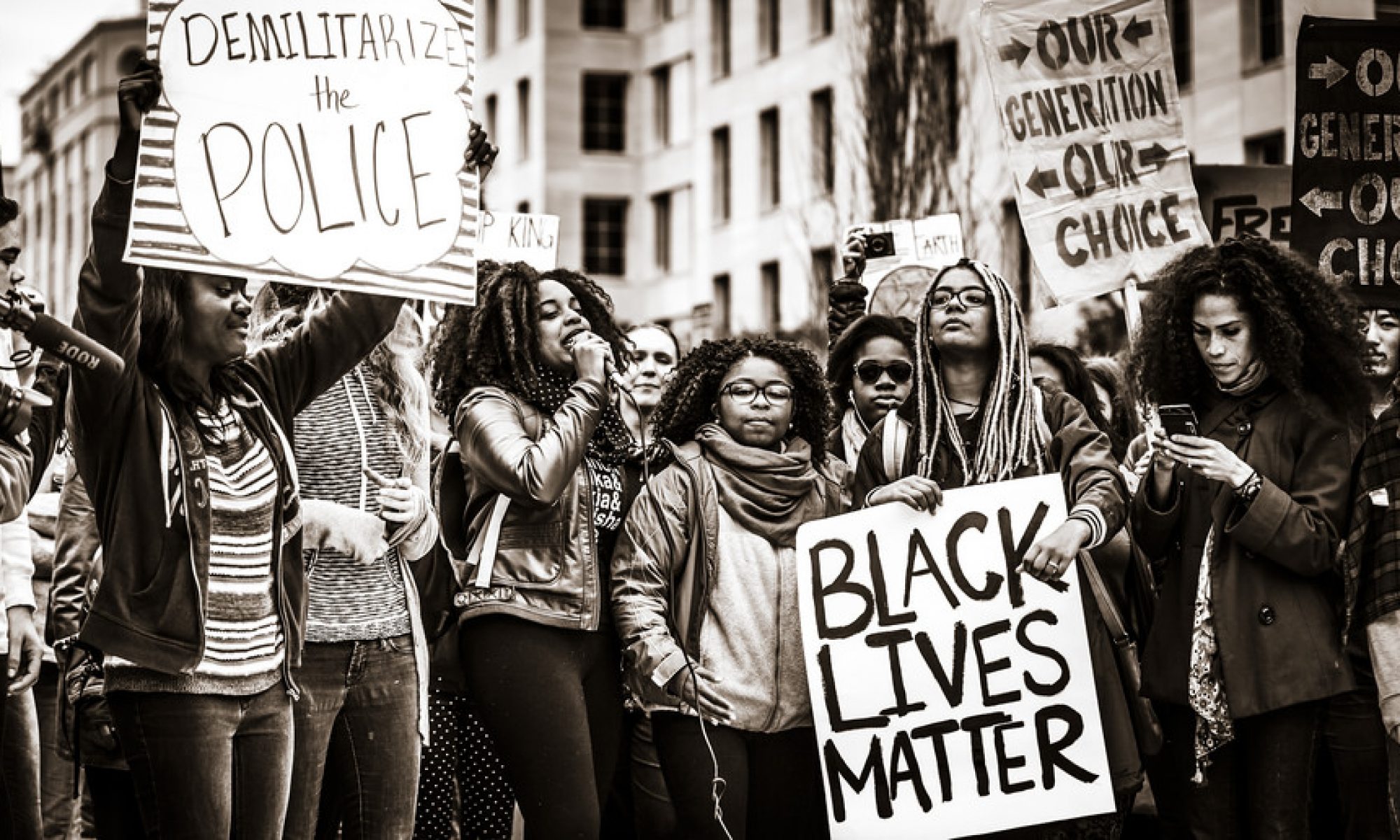Keisha Blain
“Audley “Queen Mother” Moore had fond memories of Marcus Garvey, the charismatic Black nationalist leader of the Universal Negro Improvement Association (UNIA), the largest and most influential global Black nationalist movement of the twentieth century. Recounting a story in a 1973 interview with the Black Scholar, Moore vividly describes the first time she heard Garvey speak in New Orleans, Louisiana in 1920:
We heard that Garvey was coming to New Orleans, but the police would not allow him to speak. Garvey came and they arrested him. The people raised so much sand until they had to let him out the next night.
When local police officials tried to block Garvey from speaking during the second night, Moore describes a tense scene in which she and others pulled out guns in defense of Garvey’s right to speak. She explained it this way: “I had two guns-one in my bosom and one in my pocketbook . . . Everybody was told, and everybody knew they had to come armed. We wanted that freedom.” Standing with a crowd of Black supporters—all with guns in the air—Moore joined the chorus of voices shouting, “Speak, Garvey, speak!”1 Moore’s first encounter with Garvey that evening marked the beginning of her political journey into Black nationalist and radical politics.”
